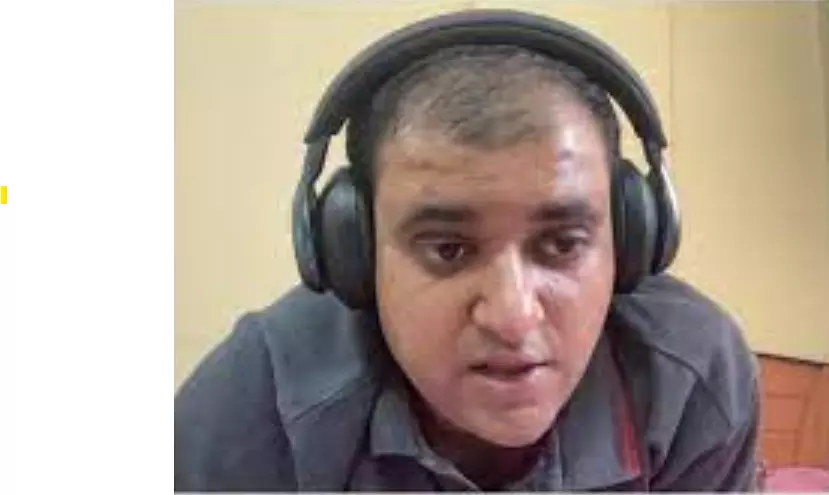Crushed under law?

The suicide note left by Atul Subhash, who worked as deputy general manager at an automobile firm in Bengaluru, is highly emotive. The demands put forth by him are strong enough to shake the core of the coldest of the hearts. At the same time, the allegations and demands made by him project an ultimate urge to usher in a sweeping legal reform that would address the woes of many such victims who don’t necessarily choose death over life. The palpable agony of many men crushed under the weight of a ‘failing’ legal system has suddenly come to the fore—albeit at a heavy price of young, promising life. The tragic death of Atul Subhash has exposed the struggles faced by men entangled in marital disputes and their fight against the alleged misuse of the legal system. In his 24-page suicide note and accompanying video, Subhash laid bare his torment—recounting years of legal battles, emotional anguish, and financial burden. His accusations against his estranged wife, her family, and even a judge are indicative of a heartbreaking gulf that needs to be bridged at the earliest.
Subhash’s note accused his wife, Nikita Singhania, of framing him in false cases and persistently extorting money. He voiced his distrust in the judiciary, requesting live streaming of his court proceedings to expose what he described as the ‘terrible state of the legal system’. Among his last wishes, he pleaded for his cases to be transferred from Uttar Pradesh to Bengaluru courts, citing corruption and bias, and urged the judiciary to grant custody of his child to his parents. He demanded that those he held responsible for his suffering be brought to justice, fearing that failing to do so would embolden others to misuse the law. Speaking of his conviction regarding the allegations he made, the techie has asked to pour his asthi (last remains) in a gutter outside the court if those charged by him are not found guilty.
It must be clarified here that however strong and convincing the allegations may seem to be, one should refrain from prematurely considering the accused as culprits. Media (including social media) trials should be avoided. Due process and law-guided investigation should be allowed without any prejudices to reach to the bottom of the case. However, one thing is clear: the incident has laid bare the credible concerns regarding the perceived misuse of matrimonial laws, which are highly inclined in favour of women—and not without reasons. Designed to protect women from abuse and dowry harassment, certain laws have been criticised for being weaponised in some cases. Subhash’s death has added another dimension to this debate. Women indeed have been subjected to centuries of subjugation and repression. A positive bias in the legal domain is necessary to bring them at par with men in terms of realisation of individual potential and dignity. At the same time, there could be serious fallouts, as in the case of Subhash—if one were to go by his allegations! The time here is not to denounce the relevance of the laws protecting women with a positive bias of sorts, but to balance this dimension by ensuring that men do not end up as victims. An evolution of laws, rather than overhaul, is required.
The mental health toll of prolonged legal disputes can also not be overlooked. Subhash’s decision to end his life reflects the crushing weight of emotional and financial distress, compounded by societal stigma around men seeking psychological help. His tragedy is a wake-up call to establish robust support systems and normalise discussions around men’s mental health. Reforms are urgently needed to address these systemic issues. Safeguards must be implemented to penalise the filing of false cases while ensuring speedy and fair trials to prevent prolonged suffering. Beyond legal reforms, a broader cultural shift is necessary. The narrative that often casts men as aggressors and women as victims must be re-examined to acknowledge the complexities of individual cases. The judiciary and legislature must act decisively to restore faith in justice. Society must strive to ensure that no individual, regardless of gender, feels so voiceless and abandoned that they believe their only escape is death. Justice must be transparent, impartial, and swift—and it must be for all.



